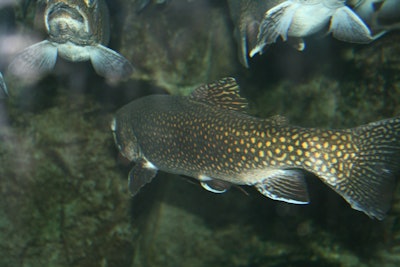
A bipartisan bill introduced in the U.S. Senate aims to strengthen the federal framework for commercial-scale offshore aquaculture by creating a streamlined permitting process and governmental support for the industry.
The Marine Aquaculture Research for America (MARA) Act of 2025, introduced July 31 by Sens. Brian Schatz, D-Hawaii, and Roger Wicker, R-Miss., would establish clear federal roles for aquaculture permitting and set consolidated environmental review timelines.
“Right now, the U.S. imports between 80 to 90 percent of the fish and other seafood that American consumers enjoy,” said Davie Stephens, chair of the Soy Aquaculture Alliance and a Kentucky soybean farmer. “Open-ocean farming, or offshore aquaculture, will empower more seafood producers to meet rising local demand for fresh, nutritious seafood and help ensure a higher measure of domestic food security.”
The legislation would establish a program to evaluate commercial-scale demonstration projects and assign NOAA’s National Marine Fisheries Service as the lead coordinating agency for permitting.
Industry supporters note that current regulatory hurdles have stifled growth. The Environmental Protection Agency recently awarded the first permit of its kind to Ocean Era for a demonstration project off Florida’s coast — a process that took more than seven years.
The bill would also authorize grants for preserving and modernizing seafood infrastructure and establish Aquaculture Centers of Excellence to support workforce development.
Proponents say passage would create jobs throughout the seafood supply chain, revitalize working waterfronts and open new markets for U.S. soybean growers, whose crops can be used in aquaculture feed.


















